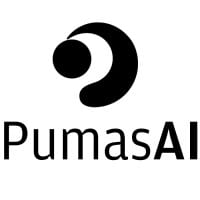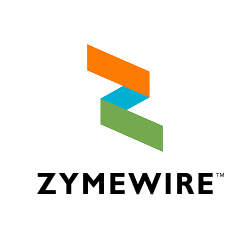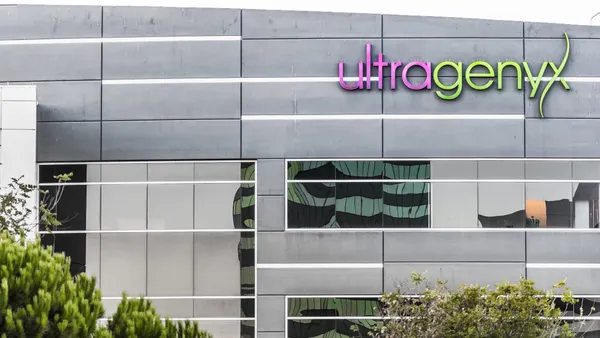Today, a brief rundown of news from Pfizer and Alkermes, as well as updates from Kura Oncology, Gilead Sciences and Zealand Pharma that you may have missed.
Pfizer said Thursday it has closed its $10 billion deal to acquire GLP-1 drug developer Metsera, less than a week after the target company agreed to the final offer made by the big pharma. The Federal Trade Commission had already signed off on the acquisition first announced Sept. 22, amid a bidding war sparked by counteroffers from Wegovy manufacturer Novo Nordisk. With the acquisition complete, Pfizer can “advance our shared goal” of further developing Metsera’s five experimental metabolic drugs for obesity, Pfizer CEO Albert Bourla said in a statement. — Jonathan Gardner
As the Metsera saga winds down, another bidding war is just beginning. Weeks after Avadel Pharmaceuticals agreed to sell to fellow Dublin-based drugmaker Alkermes, it has now received an unsolicited offer from Lundbeck. The Alkermes deal could hand Avadel investors up to $20 per share, while the offer from Lundbeck goes as high as $23 per share. In a statement, Avadel said terms of the Alkermes deal allow it to still talk and negotiate with Lundbeck. But, so far, Avadel’s board has not determined whether this new proposal is superior, nor has it changed its recommendation in support of the Alkermes acquisition. Alkermes, meanwhile, said its own board is weighing options with the help of company advisors. Avadel sells a daytime sleepiness medicine that analysts from Jefferies expect to eventually generate north of $550 million in annual sales. — Jacob Bell
In other Alkermes news, the company announced on Wednesday positive results from a mid-stage clinical trial that evaluated different doses of an experimental medicine in people with “Type 2” narcolepsy. The trial used two key measures: a daytime sleepiness questionnaire and a test that puts patients in a dark, quiet and calm room and tasks them with staying awake. According to Alkermes, participants taking a high dose of its medicine, alixorexton, did significantly better on both tests compared to their placebo-treated counterparts. Those on a middle dose did substantially better on only the latter measure. The company’s share price dipped about 7% on the news. Paul Matteis, an analyst at the investment firm Stifel, wrote in a note to clients that the results were “messier” than some investors had hoped to see. Even so, Matteis and his team still see alixorexton as a “viable” product commercially. — Jacob Bell
The Food and Drug Administration on Thursday approved an oral medicine Kura Oncology and Kyowa Kirin have been developing for leukemia. Called Komzifti and previously known as ziftomenib, the drug has been cleared for people with treatment-resistant acute myeloid leukemia expressing a mutation called NPM1 and who don't have other good treatment options. The clearance makes Komzifti the second so-called menin inhibitor recently approved for these malignancies, following Syndax Pharmaceuticals' Revuforj. But Komzifti doesn't have a safety warning cautioning of the risk of an abnormal heart rhythm, a "major winning factor" that may separate it from Syndax's drug, wrote Jefferies analyst Roger Song. Kura and Kyowa Kirin share rights to Komzifti through a 2024 deal. — Ben Fidler
Gilead Sciences said a single-tablet combination of two of its HIV drugs succeeded in the first of two Phase 3 trials. Study recruits were taking between two and 11 pills per day at the start of the trial, Artistry-1, before they were randomized to either continue on or switch to a one-tablet form of Gilead’s bictegravir and lenacapavir. Gilead said Thursday that its drug proved “non-inferior” to the multitablet regimens in those enrollees, all of whom are adults whose HIV-1 had been suppressed to very low levels. Gilead has a second Phase 3 study underway, with results expected by the end of the year. Both trials would form the basis of a future regulatory filing. — Delilah Alvarado
Zealand Pharma said in an earnings report Thursday that it will stop developing an experimental weight-loss drug called dapiglutide. The company initially planned to advance the drug, which targets the gut hormones GLP-1 and GLP-2, into Phase 2b testing following positive Phase 1 results in June. But Zealand now intends to focus on programs “with the greatest potential for clinical differentiation and long-term value creation,” it said. Two of those prospects, petrelintide and survodutide, are either in or nearing late-stage testing. — Delilah Alvarado
















